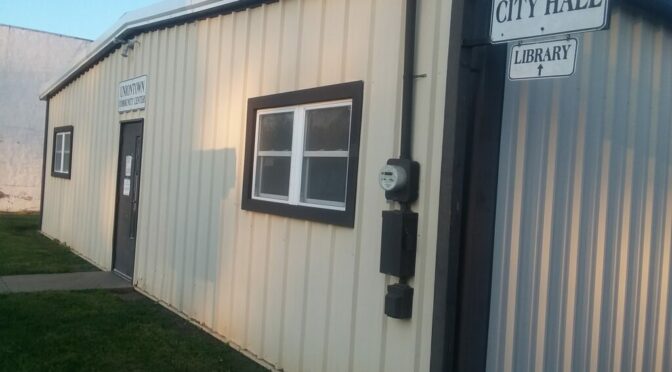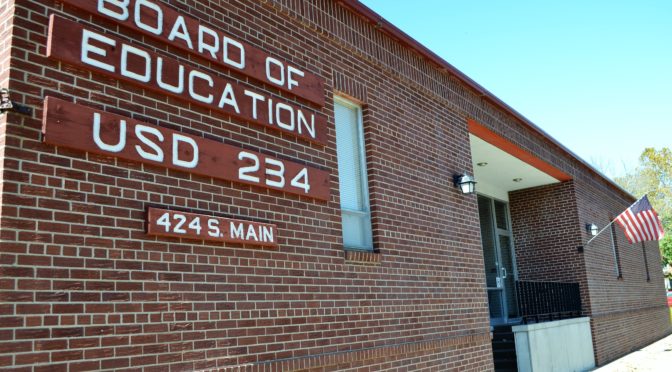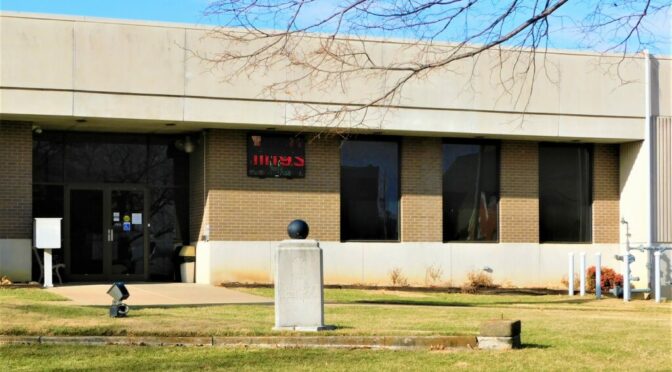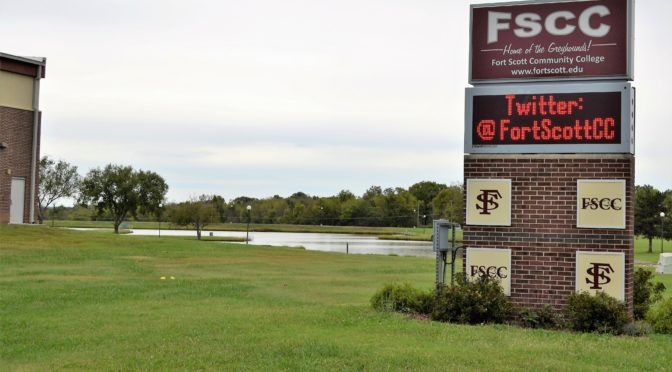The unofficial minutes of the Uniontown City Council for July 11, 2023.
The Uniontown City Council Meeting on July 11, 2023 at Uniontown City Hall, was called to order at 7:00 PM by Mayor Jurgensen. Council members present were Danea Esslinger (7:02), Josh Hartman, Amber Kelly, and Bradley Stewart. Also in attendance for all or part of the meeting were Dakota Harris, Tim Nuckolls Agency, Codes Enforcement Officer Doug Coyan, City Superintendent Bobby Rich, City Treasurer Charlene Bolinger, and City Clerk Sally Johnson.
SPECIAL CONSIDERATIONS/PROJECTS
Dakota Harris – Tim Nuckolls Agency– Mr Harris gave a presentation of GlobeLife benefits. Consensus was that we would not add any benefits at this time.
Motion by Hartman, Second by Esslinger, Approved 4-0 to make the following appointments/designations:
City Clerk/Municipal Court Clerk – Sally Johnson; City Treasurer – Charlene Bolinger; Municipal Judge – Patricia Miklos-Boyd; Municipal Prosecutor – Chase Vaughn; City Newspaper – The Fort Scott Tribune; and Official Bank – Union State Bank, Uniontown.
Oath of office was administered to Johnson and Bolinger. Johnson will administer oath to judge and prosecutor at next court session.
CITIZENS REQUEST
FINANCIAL REPORT
Treasurer Bolinger present the June 2023 Treasurer’s Report. Beginning Checking Account Balance for all funds was $356,954.32, Receipts $75,670.19, Transfers Out $3,012.77, Expenditures $29,870.79, Checking Account Closing Balance $399,740.95. Bank Statement Balance $402,032.87, including Checking Account Interest of $81.25, Outstanding Deposits $0, Outstanding Checks $2,291.92, Reconciled Balance $399,740.95. Water Utilities Certificates of Deposit $33,283.27, Sewer Utilities Certificate of Deposit $19,889.95, Gas Utilities Certificates of Deposit $33,559.71, Total All Funds, including Certificates of Deposit $486,473.88. Year-to-Date Interest in Checking Acct is $460.31, and Utility CDs $331.95 for a Total Year-to-Date Interest of $792.26. Also included the status of the Projects Checking Account for the month of June 2023, Beginning Balance $0, Receipts $0, Expenditures $0, Ending Balance $0. June Transfers from Sewer Utility Fund to Sewer Revolving Loan $1,402.00, to Lease Purchase-Maint Vehicle $(3.31); from Water Utility Fund to GO Water Bond & Interest $1,624.00, to Lease Purchase-Maint Vehicle $(3.31); from Gas Utility Fund to Lease Purchase-Maint Vehicle $(3.31); from General Fund to Lease Purchase-Maint Vehicle $(3.30); for Total Transfers of $3,012.77. Net Income for the month of June $42,786.63, Year-to-Date Net Income $56,188.98. Budget vs Actual Water Fund YTD Revenue $58626.68 (48.0%), Expenditures $56,043.66 (35.0%); Sewer Fund YTD Revenue $18,250.72 (49.5%), Expenditures $16,134.02 (39.2%); Gas Fund YTD Revenue $89,262.73 (57.0%), Expenditures $62,070.25 (27.6%); General Fund YTD Revenue $118,401.36 (79.1%), Expenditures $85,279.90 (46.0%); and Special Highway YTD Revenue $3,967.49 (53.2%), Expenditures $0 (0%). The July 2023 estimated payables in the amount of $24,426.87were presented.
CONSENT AGENDA
Motion by Kelly, Second by Esslinger, Approved 4-0, to approve Consent Agenda as amended:
- Minutes of June 21, 2023 Regular Council Meeting
- Treasurer’s Report, Monthly Transaction Report & Accounts Payables
DEPARTMENT REPORTS
City Superintendent Rich had nothing to report. Mayor Jurgensen asked him to take 4 sets of barricades to 75th street for the baseball tournament this weekend.
Codes Enforcement Officer Coyan presented the Statement of Enforcing Officer regarding 404 Washington St.
Motion by Hartman, Second by Kelly, Approved 4-0 to adopt Resolution 2023-0711-1 a Resolution fixing a time and place and providing for notice of a hearing before the Governing Body of the City of Uniontown, Kansas, at which the owner, his or her agent, lienholders of record, occupants and other parties in interest of structures located within said city and described herein may appear and show cause why such structure should not be condemned and ordered repaired or demolished as an unsafe or dangerous structure.
The sewer issue at 305 Clay has been resolved and the dead tree at 505 Wall will be removed as soon as contractor can remove it. Councilmember Kelly asked about household items being stored in a carport. Clerk Johnson has already spoken with the party.
Clerk Johnson asked for voting delegate/alternate voting delegate for League of Kansas Municipalities.
Motion by Kelly, Second by Hartman, Approved 4-0 to designate Jess Ervin as voting delegate and Amber Kelly as alternate voting delegate
Johnson reminded governing body to let her know if any wished to attend the League of Kansas Municipalities Conference in October or the Regional Meeting on July 27 in Pittsburg.
She also reminded them of the Budget Worksession scheduled for Tuesday, July 18, 5:30PM.
COUNCIL REPORT
Councilman Ervin – absent
Councilwoman Esslinger – nothing
Councilman Hartman – nothing
Councilwoman Kelly – asked if the stone post on her property has any historical significance and if it can be removed. It was suggested she take a picture of the stone and contact the Bourbon County Historical Society to see if there is any historical significance and whether it can be removed.
Councilman Stewart – nothing
Mayor Jurgensen – nothing
OLD BUSINESS
KMGA Supply Management – we received an email about the executive directors’ decision to partner with WoodRiver Energy. Dixie Riedel called on July 6 to explain that the default purchasing method would be a blend of fixed and first-of-month pricing but each member could tailor their portfolio with all fixed, all first-of-month, or a blend.
Motion by Hartman, Second by Stewart, Approved 4-0 to use the default purchasing method for our portfolio
Johnson will contact Dixie tomorrow with this decision.
Mural Grant – an update was given.
Placemaking Project – an update on the success of the booth at Independence Day Bash was given.
NEW BUSINESS
Fall Cleanup –
Motion by Hartman, Second by Esslinger, Approved 4-0 to provide three dumpsters August 28-31, 8am-8pm, until filled. When full, dumpsters will be removed.
Moved by Kelly, Second by Hartman, Approved 4-0, to adjourn at 8:24PM



